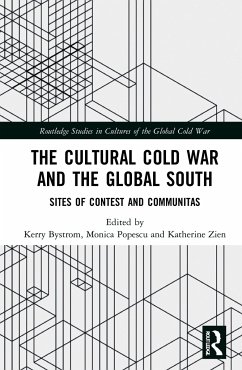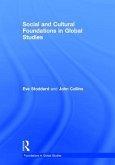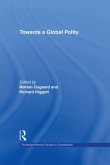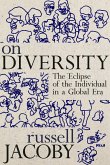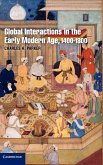This volume investigates the cultural sites where the global Cold War played out. It brings to view unpredictable encounters that arose as writers, artists, filmmakers, and intellectuals from or aligned with the Third World navigated the ideological and material constraints set by superpowers and emerging regional powers. Often these encounters generated communitas and solidarity, while at times they fed old and new conflicts. Pushing forward recent scholarship that tracks the Cold War in the Global South and draws on postcolonial approaches, our contributors use archival, secondary, and ethnographic sources to trace the afterlives and memories of key figures and to explore meetings that performed cultural diplomacy. Our focus on sites of encounter or exchange underscores the situated, interpersonal, and embodied dimensions through which much of the cultural Cold War was experienced. While the global conflict divided citizens along ideological fault lines, it also linked people through circulating media-novels, film, posters, journals, and theatre-and multinational conferences that brought artists, intellectuals, and political activists together. Such contacts introduced new axes of solidarity and hierarchies of exclusion. Examining these connections and disjunctures, this new and necessary mapping of the cultural Cold War highlights under-addressed locations in Asia, Africa, and Latin America.
Hinweis: Dieser Artikel kann nur an eine deutsche Lieferadresse ausgeliefert werden.
Hinweis: Dieser Artikel kann nur an eine deutsche Lieferadresse ausgeliefert werden.

